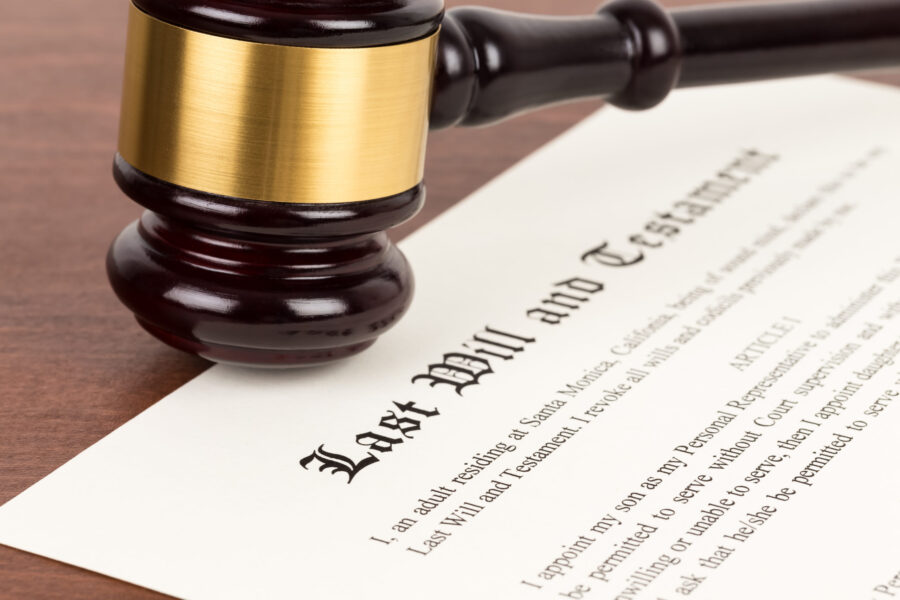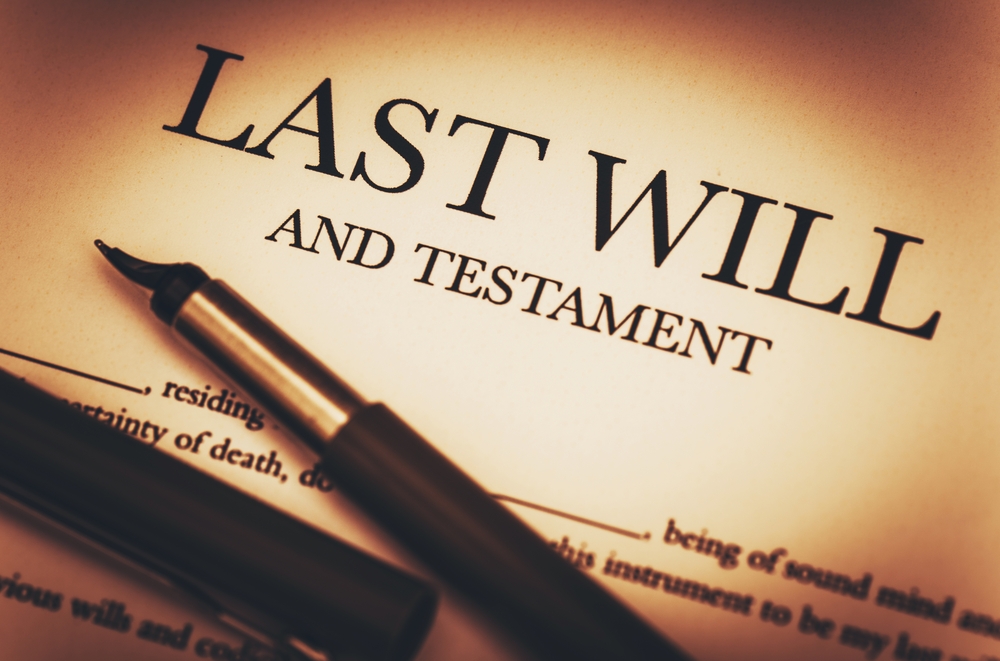
Who Could Be Considered an Heir to an Estate in Texas?

When a loved one dies, surviving family members typically look for a will to determine who receives assets from the deceased’s estate. But who stands to be the heir when someone dies without leaving a will behind?
In this blog, Hargrave Law, PC, explains who can be a legal heir in Texas, who inherits when there’s no will, and how you can help ensure your loved one’s rights will be protected after you die.
Who Could Be Considered an Heir to an Estate?
In modern language, an “heir” is usually understood as anyone – especially anyone named in a will or a trust – who stands to inherit assets from someone else’s estate. However, the legal definition of an heir actually specifically refers to individuals who are legally entitled to inherit assets from the estate of someone who dies without a valid will.
What Happens If There Is No Will?
If someone dies without valid will on record, they are said to have died “intestate.” When someone dies intestate, their assets are distributed to heirs based on guidelines from the Texas Estates Code.
Importantly, the Code categorizes the estate assets of married individuals as either “community” property or “separate” property. Community property is any property either spouse accumulates or acquires during marriage. Separate property is any property either spouse owned before marriage or inherited or received as a gift during marriage.
If someone dies without a will, their community and separate property are distributed to their heirs as follows:
Surviving spouse with children in common
If someone is survived by a spouse and children in common, their spouse receives all of the community property, one-third of the deceased’s separate property, and a one-third interest in the deceased’s separate real property for life. The remainder of the deceased’s separate property (two-thirds) is distributed equally among the surviving children.
Surviving spouse and children from another relationship
If someone is survived by a spouse as well as children from another relationship, their spouse receives half of the community property, one-third of the deceased’s separate personal property, a one-third interest in the deceased’s separate real property for life, and the right to use the real property for life. Everything else, including the other half of the deceased’s community property, is distributed to their surviving children.
Surviving children and no spouse
If someone is survived by children but has no surviving spouse, their estate is distributed among their surviving children and their children’s surviving descendants.
Surviving spouse and no children
If someone is survived by a spouse but has no surviving children, parents, or siblings, the spouse will typically inherit the entire estate. However, if the deceased does have surviving parents or siblings, the surviving spouse will inherit all of the community property, all of the deceased’s separate personal property, and one-half of the deceased’s separate real property, the other half of which will be distributed to surviving parents or siblings.
No spouse and no children
If someone dies with no surviving spouse or children, their assets are distributed among their surviving parents and/or siblings. If both of the deceased’s parents are still alive, they each receive half of the deceased’s assets. If one parent and one or several siblings are still alive, the surviving parent receives half of the deceased’s assets and the remaining half is distributed among surviving siblings. If there is only one parent and no surviving siblings, the surviving parent receives everything. If there are surviving siblings but no parents, everything is distributed among the surviving siblings.
How to Ensure Your Heirs Will Get the Property You Want Them To
The best way to ensure your heirs receive the assets or property you want them to have is by preparing a thorough and valid will. A well-prepared will ensures your wishes for property distribution are known and respected after you pass. A knowledgeable estate planning lawyer can help you outline the goals you have for your estate and draft a will that accounts for each of your preferences.
How an Estate Planning Lawyer Can Help
The dedicated Texas estate planning attorneys of Hargrave Law, PC, can help you prepare a meticulous will that records your heirs, assets, and preferences precisely. Contact us today for an initial consultation to learn more about how we can help you with your estate plan.






